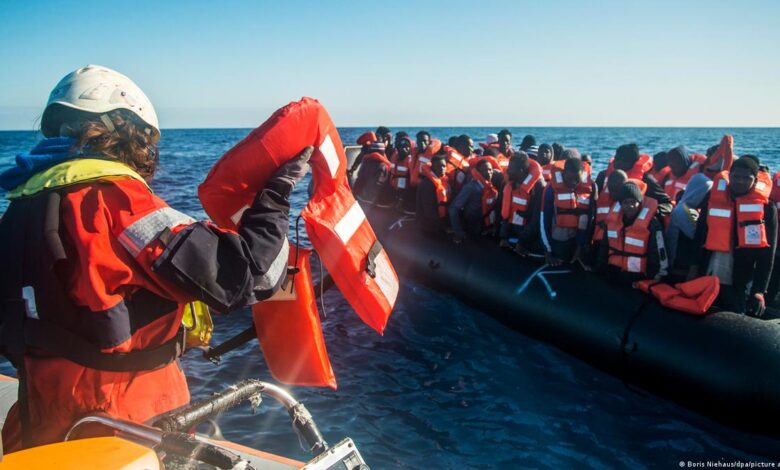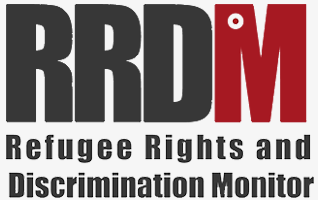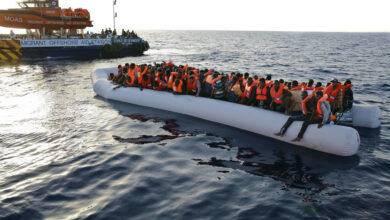Do NGO ships act as a pull factor for migrants

BY|infomigrants
A recent fact-checking investigation into the claim that NGO search and rescue operations act as a pull factor for migrants has concluded that it is ‘mostly false’.
The Times of Malta, an independent English-language newspaper, carried out a fact check investigation into whether NGO ships attract more migrants after the claim was repeated by the country’s home affairs minister, Byron Camilleri, earlier in January.
According to the paper, Camilleri had been defending the Italian government’s crackdown on NGOs that rescue migrants at sea, saying: “many say that NGOs are a pull factor: What Italy is doing is aimed at preventing NGOs from being a pull factor.”
The pull-factor claim has been made often and by many different individuals and organizations, including Frontex, the EU border agency. A 2017 Frontex report said that “…SAR missions close to the territorial waters of Libya […] influence smugglers’ planning and act as a pull factor,” the Times notes.
The evidence
In investigating the claims, the Times looked at several studies by think tanks and universities, as well as by the NGO Doctors Without Borders (MSF).
One study by the Migration Policy Centre (MPC) at the European University Institute found that between 2014 and 2019, “non-governmental SAR operations [did] not correlate with the number of migrants leaving Libya by sea.” Instead other factors, such as political conditions within Libya and weather conditions had a much greater impact on the number of people attempting the crossing.
Research by the Universities of Pisa and Oxford found that in the period between 2013 and 2015, the number of migrants setting out, mainly from North Africa, tended to be higher during periods when there was little search and rescue activity. At the same time, the Times notes, the researchers also found that there was a positive correlation between periods of low SAR activity and high death rates of migrants, suggesting that NGO ships do not attract migrants, but they do make crossing safer.
The results of a further study supporting these conclusions were published in 2022 by researchers in Germany, who concluded that “search-and-rescue is not a further causal driver of migration and does not incentivize more crossings.”
Earlier studies by the Forensic Architecture Agency at the University of London and MSF also found that SAR operations in the Mediterranean had little or no impact on migrant crossings. Like the MPC study, these suggested that so-called push factors such as worsening conditions in the migrants’ home countries were relevant factors impacting on migrant crossing rates.
The Times of Malta found that few studies reached the conclusion that the presence of SAR boats does incentivize more migrants to attempt Mediterranean crossings. It refers to one “notable exception” in a study titled ‘Migrants at Sea: Unintended Consequences of Search and Rescue Operations,’ which found that “they seem to have induced more migrants to attempt to cross.”
Susanna Ceccardi, a member of the European Parliament and of Italy’s Lega party led by Matteo Salvini, refered to this study during a debate in Strasbourg last week as “scientific proof” that the presence of NGOs at sea is a pull factor. “(The) joint study by scholars from the Universities of Turin, Cagliari and Houston … confirms this,” Ceccardi said. “Migrants, if they are reassured by the presence of NGOs at sea, leave with less safe means and precarious boats, thus increasing the possibility of shipwreck.”




